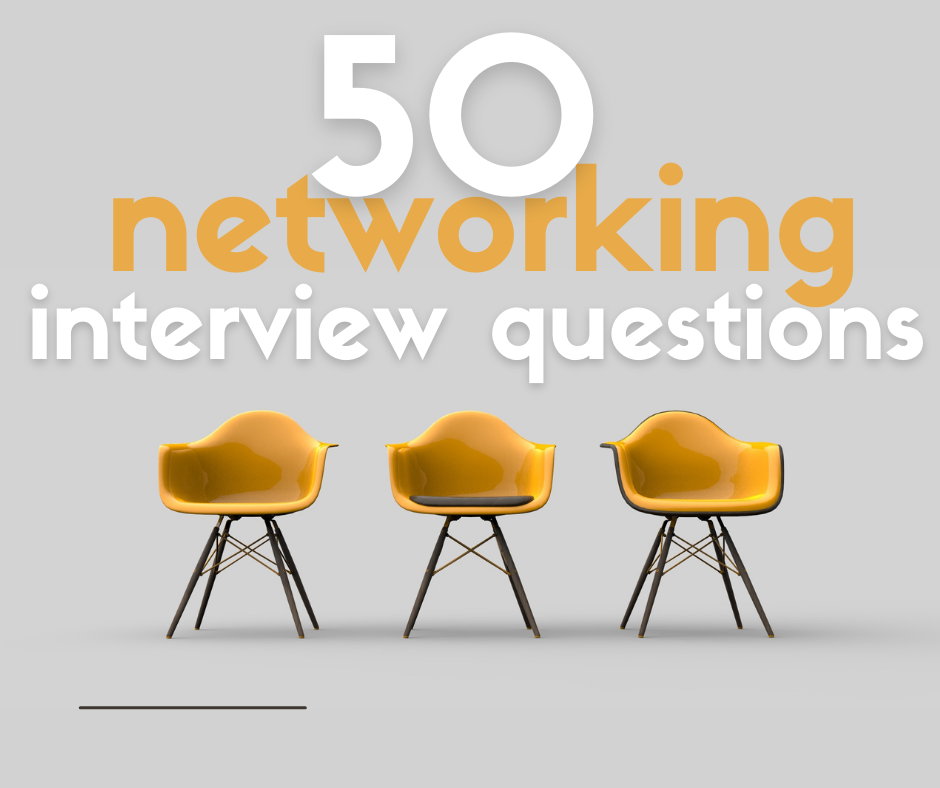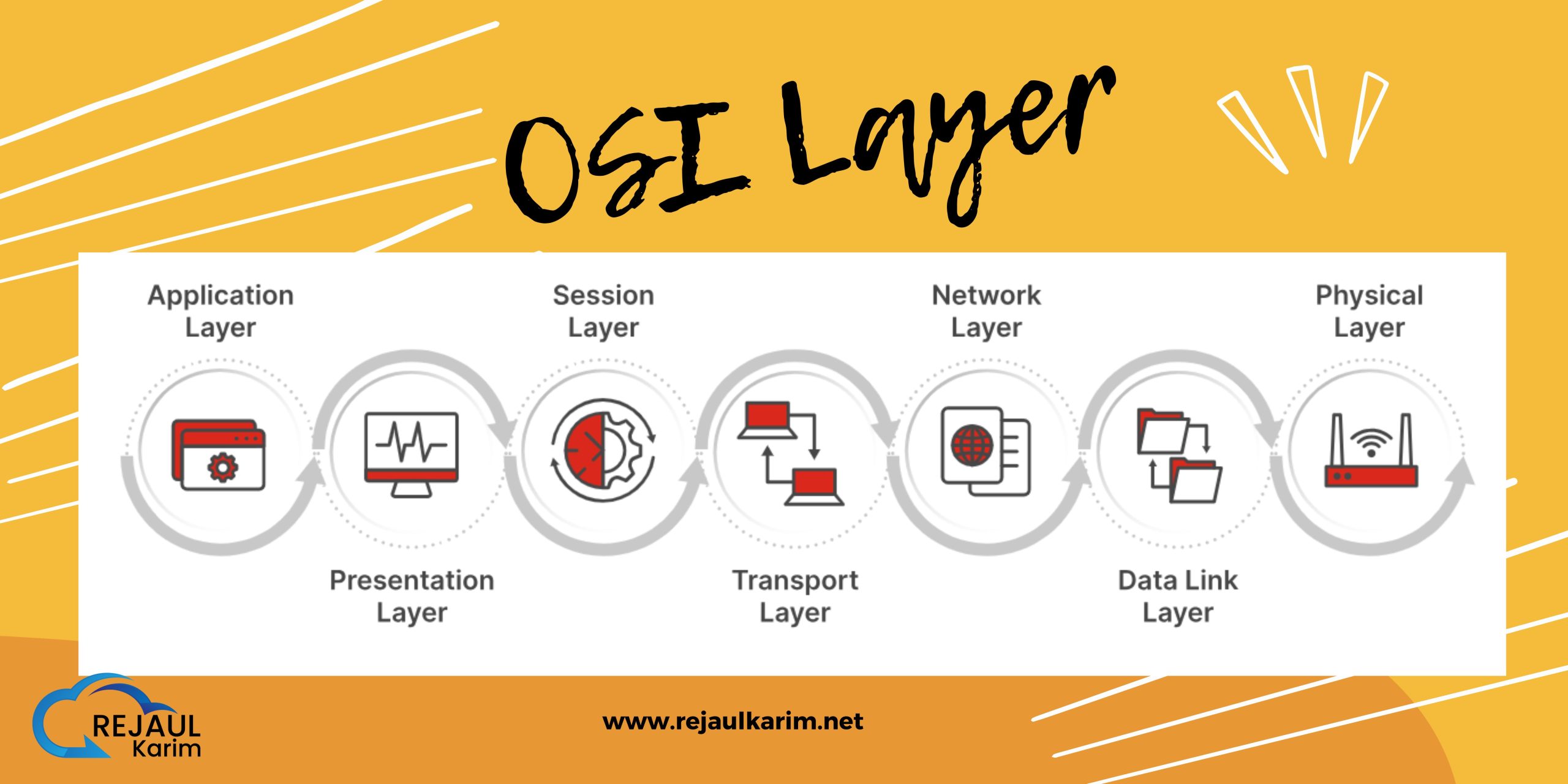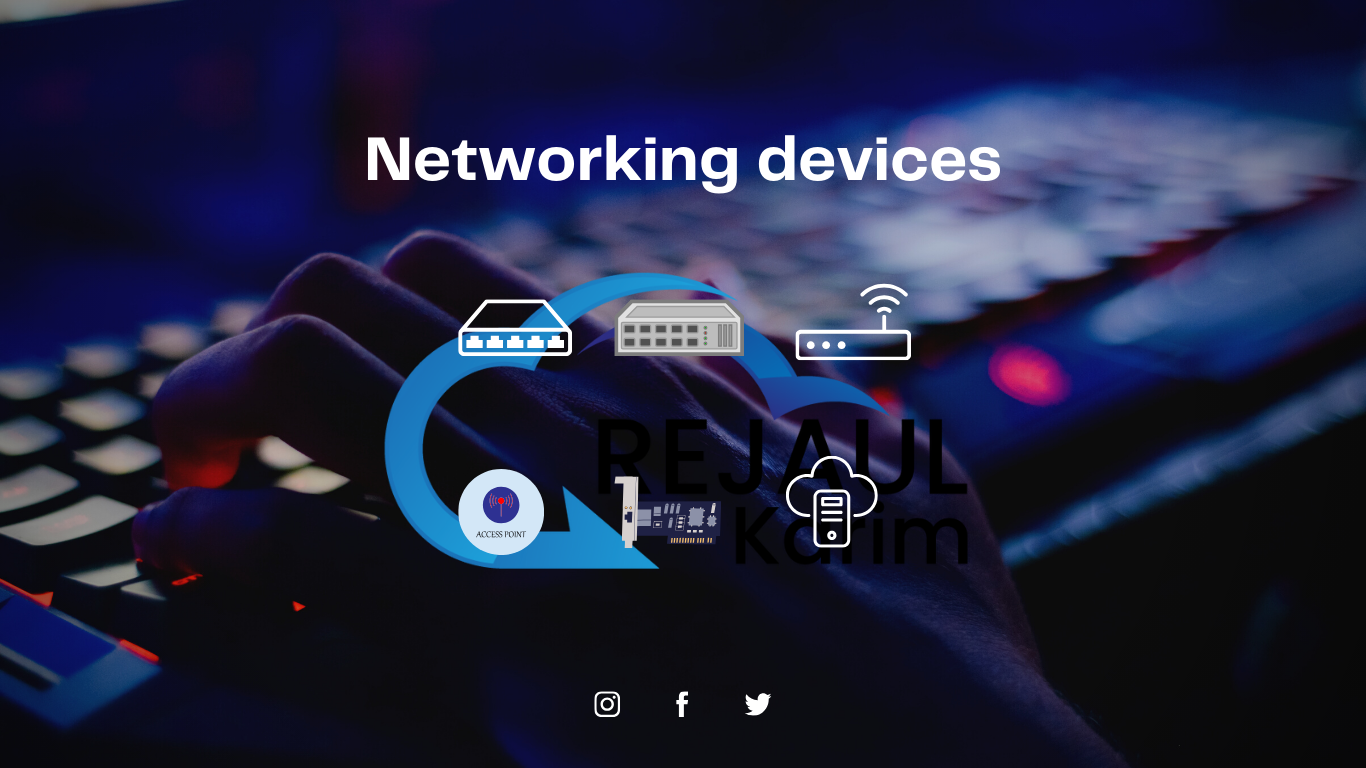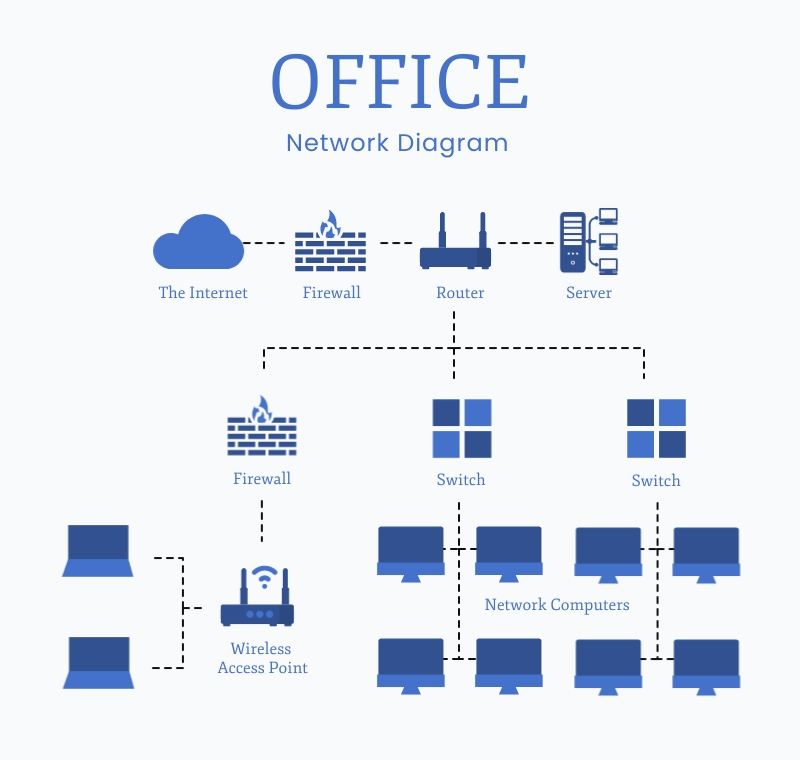683
Certainly, here’s an extended list of networking interview questions:
Networking Fundamentals:
- What is the OSI model, and how does it aid in understanding network communication?
- Explain the roles of each layer in the OSI model.
- Differentiate between TCP/IP and OSI models. How do they relate?
- Describe the TCP/IP protocol stack and its key protocols.
- What is a MAC address, and how is it different from an IP address?
- How does ARP (Address Resolution Protocol) work?
- What is the purpose of DNS (Domain Name System)? How does it translate domain names into IP addresses?
- Explain the difference between half-duplex and full-duplex communication.
- Describe the concept of a subnet and how subnetting works.
- What is NAT (Network Address Translation)? Why is it used, and what are its types?
Network Devices:
- Differentiate between a hub, switch, and router in terms of functionality.
- How does a switch operate compared to a hub?
- What is a VLAN (Virtual LAN), and why is it useful in network design?
- Explain the role of a DHCP (Dynamic Host Configuration Protocol) server in IP address assignment.
- What is a proxy server, and how does it impact network security and performance?
Network Protocols:
- Compare TCP (Transmission Control Protocol) and UDP (User Datagram Protocol).
- Explain how TCP ensures reliable data delivery.
- Describe the three-way handshake in a TCP connection.
- What is ICMP (Internet Control Message Protocol), and what are its common uses?
- What is the purpose of the HTTP and HTTPS protocols? How do they differ?
- Discuss the purpose and workings of FTP (File Transfer Protocol).
Routing and Switching:
- Differentiate between static and dynamic routing. Provide examples of each.
- What are routing tables, and how do routers use them to make forwarding decisions?
- Explain the concept of default gateway and its role in routing.
- Describe the differences between distance-vector and link-state routing protocols.
- What is BGP (Border Gateway Protocol)? When and where is it used?
Network Security:
- What is a firewall, and how does it enhance network security?
- Explain the differences between intrusion detection systems (IDS) and intrusion prevention systems (IPS).
- Describe a DDoS (Distributed Denial of Service) attack. How can it be mitigated?
- What is VPN (Virtual Private Network), and how does it secure data transmission over the internet?
- Elaborate on the concept of encryption and its role in securing network communications.
Wireless Networking:
- How does Wi-Fi work? Explain the process of connecting a device to a wireless network.
- Describe the differences between 2.4 GHz and 5 GHz Wi-Fi frequencies.
- What is SSID (Service Set Identifier), and how is it used in wireless networking?
- Explain the concept of roaming in wireless networks.
Network Troubleshooting:
- How would you troubleshoot a network connection issue on a client machine?
- Describe the steps you would take to diagnose a slow network performance problem.
- What are common causes of network latency, and how can they be addressed?
- How do you isolate and troubleshoot DNS resolution problems?
Emerging Technologies:
- Explain the basics of SDN (Software-Defined Networking) and its benefits.
- What is IoT (Internet of Things), and how does it impact network architecture?
- Describe the concept of edge computing and its relevance in modern networks.
Scalability and Load Balancing:
- What is load balancing, and why is it important for network performance?
- Explain the difference between horizontal and vertical scaling in a network context.
Cloud Networking:
- Describe the challenges and solutions for networking in a cloud environment.
- What is a virtual private cloud (VPC), and how does it provide network isolation in the cloud?
Career and Industry:
- What certifications are commonly sought after in the networking field (e.g., CCNA, CCNP, etc.), and why?
- How has the shift to remote work influenced networking practices and security concerns?
- Can you discuss recent trends in networking, such as 5G, IPv6 adoption, and network automation?
- Describe a situation where you successfully resolved a complex networking issue, highlighting your problem-solving skills and methodologies.
These questions cover various aspects of networking and are suitable for evaluating a candidate’s proficiency and knowledge during an interview.










